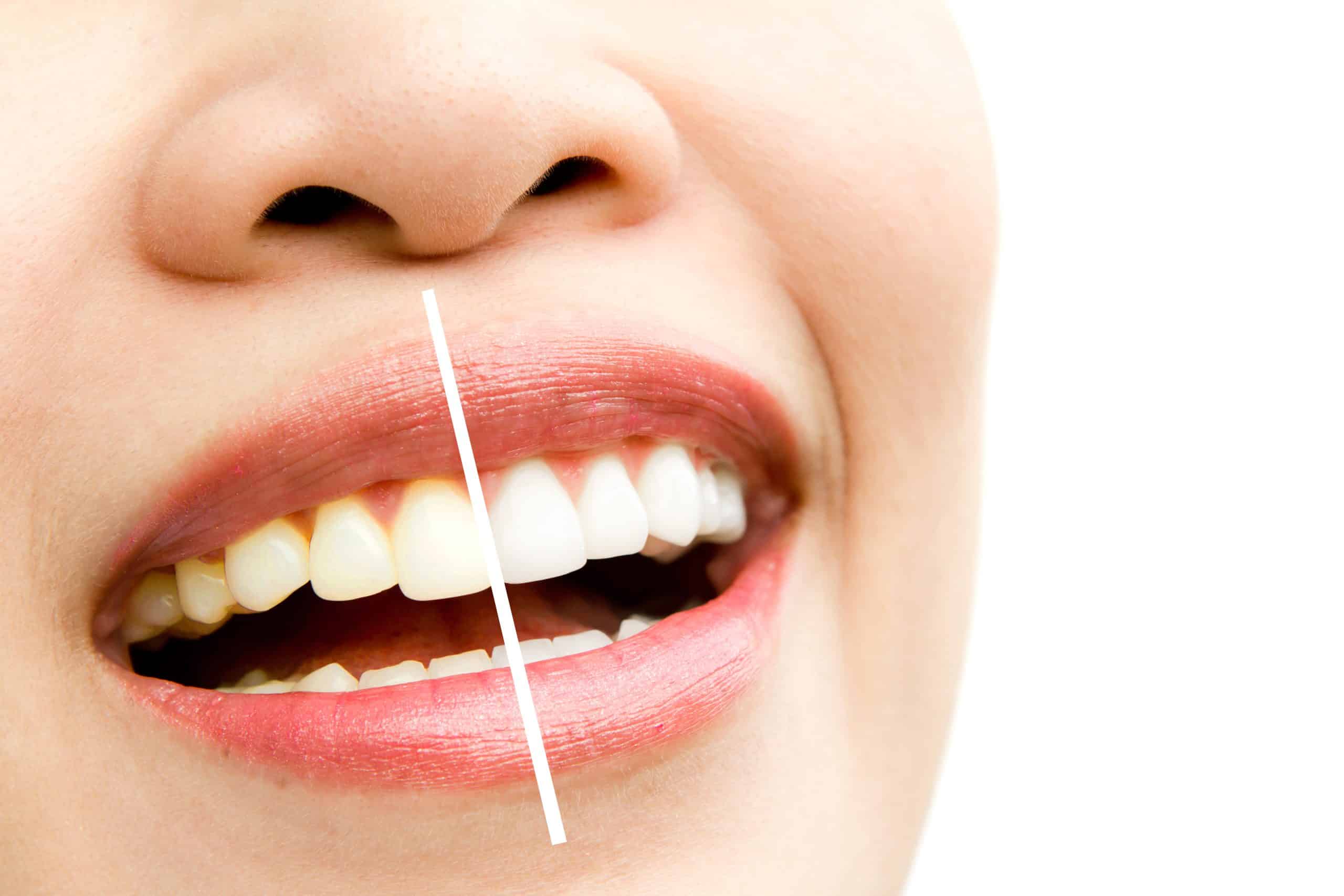
06 Nov Does Teeth Whitening Damage Enamel? What You Need to Know
How does teeth whitening work? Does teeth whitening damage enamel? Research from the National Library of Medicine found teeth whitening is safe and effective.
Having the procedure completed by a dental professional is essential. Tooth discoloration occurs with time or because of external factors such as cigarette smoking or consumption of certain beverages.
Teeth whitening is a standard dental procedure that allows you to accentuate your already beautiful smile. Read on to get all the facts and understand how teeth whitening works.
Causes of Teeth Discoloration
The most common cause of tooth discoloration is poor dental hygiene. The causes of teeth discoloration are either external or intrinsic.
External Factors
Dietary habits and choice of food or beverage can affect how quickly your teeth get discolored. If you love coffee, red wine, or tea, your teeth will get discolored more frequently. Tobacco use and cigarette smoking are another major cause of teeth discoloration.
Some medical conditions are also responsible for teeth getting discolored, such as liver cirrhosis and calcium deficiency.
Intrinsic Factors
Aging is a natural process that results in teeth losing their color with time. As you age, your enamel becomes weaker, and the dentin, the layer underneath, becomes more visible.
Trauma to teeth can also cause internal discoloration. It’s important to note that teeth whitening does not work for intrinsic stains.
Teeth Whitening Methods
There are two main methods for teeth whitening. They are as follows:
- Professional teeth whitening
- At-home teeth whitening
Professional Teeth Whitening
If you’re still wondering, “Does teeth whitening damage enamel?” Then professional teeth whitening services are ideal for you. Dental professionals understand the science behind teeth whitening and can use concentrations of bleaching agents that are ideal for your health.
By reviewing your dental and clinical history, our dentists can understand what has caused your tooth discoloration and which bleaching agent is best for you. Professional teeth whitening methods can also be tailored to meet your specific needs. For instance, orthodontists use lasers to enhance the efficacy of the bleaching agent.
A professional teeth whitening procedure usually takes about an hour or two. If you are familiar with the teeth whitening procedure, your dentist can give you a take-home kit with all you need to do the procedure yourself.
At-Home Teeth Whitening Methods
At-home teeth whitening procedures are also effective but do not address various risks, such as tooth sensitivity. The most common at-home teeth whitening techniques include:
- Purchasing whitening toothpastes that contain bleaching agents
- Getting tray-based systems with a bleaching gel
- Teeth whitening strips
The American Dental Association does not recommend using over-the-counter bleaching agents and other charcoal or coconut oil products. There are limited studies on the safety and efficacy of over-the-counter bleaching products. Research also finds that using charcoal as a teeth-whitening product causes abrasions that can damage the teeth’s enamel.
How Long Can Teeth Whitening Results Last, and What are the Benefits?
A teeth whitening procedure can provide lasting results, especially if you follow dental health tips from your dentist. However, the results will be based on your dental hygiene practices, lifestyle choices, and the whitening method you use.
You might experience some tooth sensitivity after the whitening procedure. But this is only a temporary sensation and should subside after a couple of days.
However, see a dental healthcare professional if symptoms persist or you experience adverse effects such as gingival irritation. Our dentists can provide excellent post-treatment care to mitigate any discomfort associated with teeth whitening.
Does Teeth Whitening Fail to Work?
The most common question people have is whether the procedure works. The short answer is yes, teeth whitening works, but the results will mainly depend on the method used.
You may experience a rebound effect where the teeth appear darker or return to their former color after the teeth whitening procedure. The leading causes of this effect are rehydration and stain reformation.
Follow the tips below to maintain your teeth and protect your perfect smile:
- Avoid tobacco and cigarette smoking
- Use a straw
- Adopt best practices for oral hygiene
Does Teeth Whitening Damage Enamel?
The science behind teeth whitening shows that the procedure does not damage enamel. However, the risks of teeth whitening can be adverse if not done by a professional.
Trust the Teeth Whitening Experts at McIlwain Dental Specialists
McIlwain Dental Specialists will provide you with expert dental and orthodontic services and tips on how to get the perfect smile. Contact us today to schedule a visit and talk with one of our experts.


